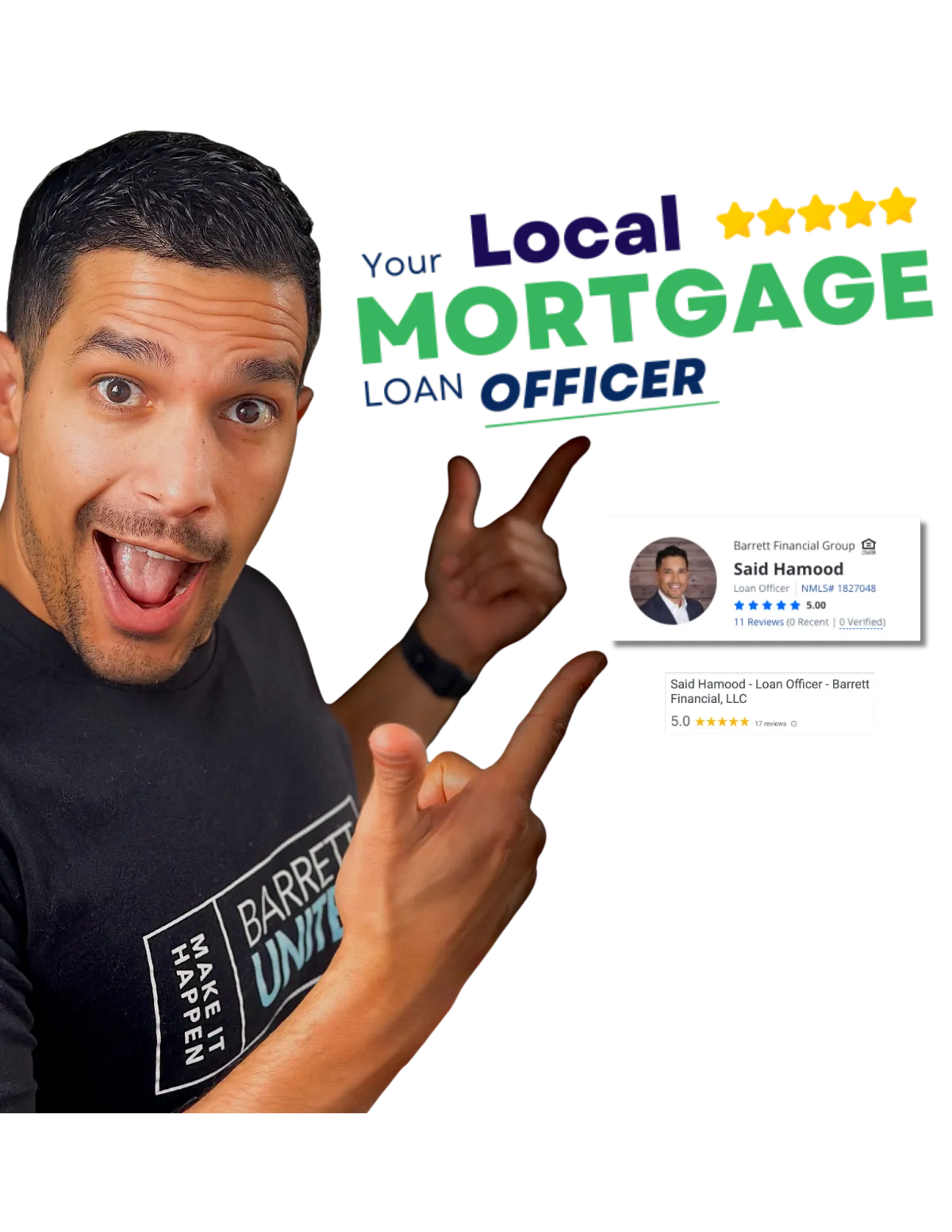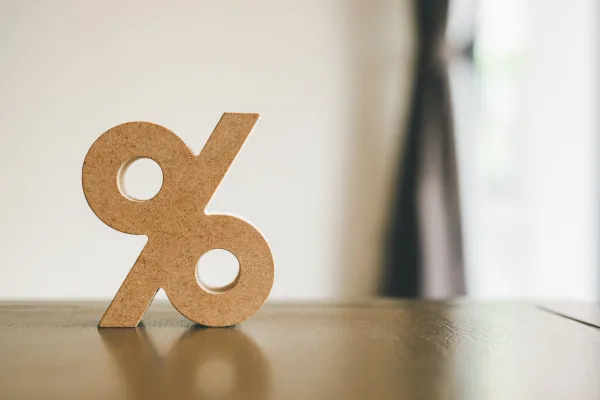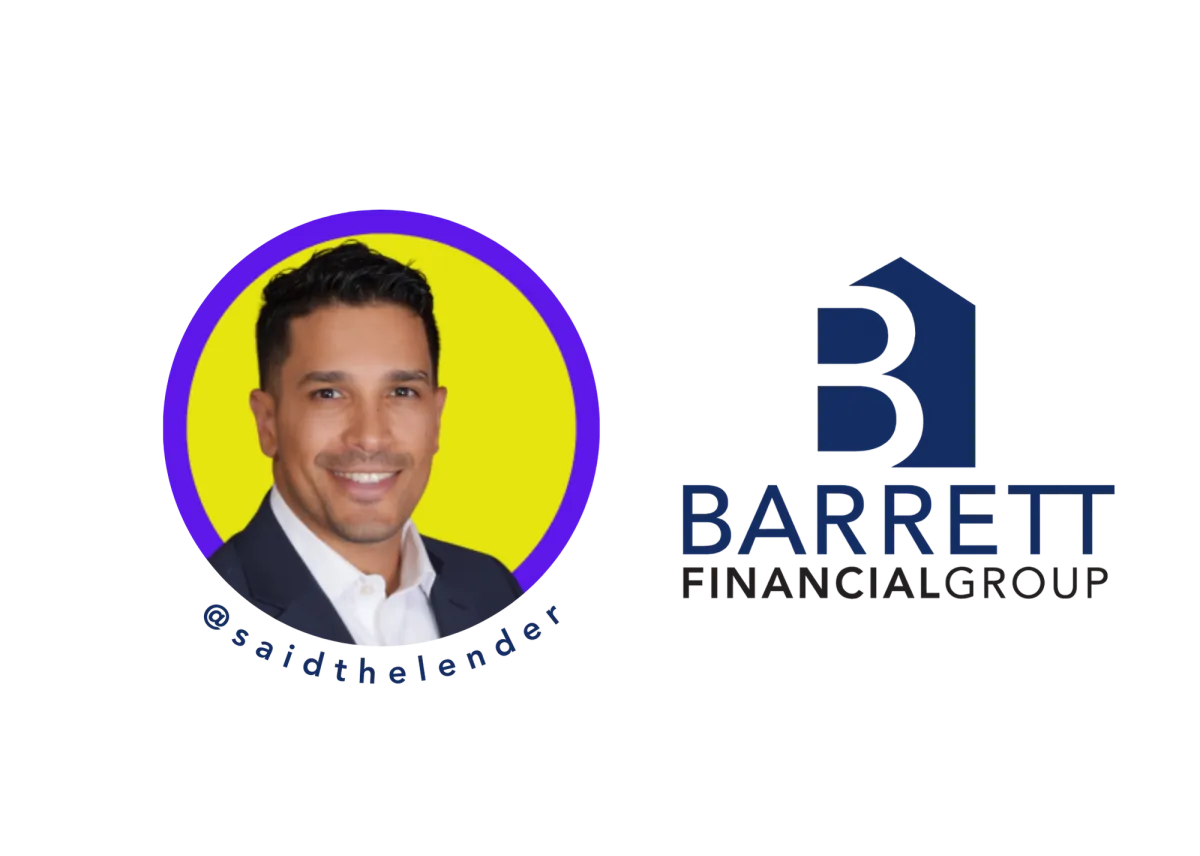
Simplifying Homeownership
See EXACTLY How Much Home You Qualify For Today!

Simplifying Homeownership
See EXACTLY How Much Home You Qualify For Today!
Learning Center

Should You Use a 2-1 Buydown in Bothell, WA? Pros, Cons & Savings Explained
If you're looking to buy a home in Bothell, WA, you’ve likely come across the 2-1 buydown mortgage option. This financing strategy offers lower payments for the first two years of your loan, making homeownership more affordable upfront. But is it the right choice for you? Let’s break it down so you can make the best decision for your financial future.
What Is a 2-1 Buydown?
A 2-1 buydown is a temporary interest rate reduction that lowers your mortgage rate for the first two years:
Year 1: Your rate is reduced by 2%
Year 2: Your rate is reduced by 1%
Year 3 & Beyond: Your rate returns to the original fixed rate
For example, if your mortgage rate is 7%, a 2-1 buydown would mean:
✔ Year 1: You pay a 5% rate
✔ Year 2: You pay a 6% rate
✔ Year 3-30: You pay the full 7% rate
The cost of the buydown is usually covered by the seller, lender, or builder, making it a great tool for homebuyers in Bothell looking to reduce their initial mortgage payments.
How Does a 2-1 Buydown Work?
The funds for the interest rate reduction are paid upfront into an escrow account and used to subsidize your payments for the first two years. Typically, sellers or builders offer this incentive to make their property more attractive in a high-interest rate market like the one we’re seeing in Bothell, WA.
Who Benefits Most from a 2-1 Buydown?
A 2-1 buydown mortgage can be a game-changer for:
🔹 First-time homebuyers who want lower payments while adjusting to homeownership.
🔹 Buyers who expect their income to increase in the next couple of years.
🔹 Homeowners planning to refinance once interest rates drop.
🔹 Sellers or builders trying to attract buyers in a cooling real estate market.
Why a 2-1 Buydown Is Popular in Bothell, WA
The Bothell housing market remains competitive, but rising mortgage rates have made affordability a challenge. A 2-1 buydown helps buyers secure lower payments upfront while allowing sellers to offer incentives without drastically cutting their listing price.
Bothell, part of Seattle’s thriving tech corridor, is home to many professionals working at Amazon, Microsoft, and Google. If you’re in tech or another high-earning field, a 2-1 buydown can give you short-term relief while waiting for rates to drop or your salary to increase.
Pros & Cons of a 2-1 Buydown
✅ Pros:
✔ Lower initial payments – Easier to manage costs in the first two years.
✔ More buying power – Qualify for a higher loan amount with lower starting payments.
✔ Seller-paid options – Reduces your out-of-pocket costs at closing.
✔ Great for future refinancing – If rates drop, you can refinance before the full rate kicks in.
❌ Cons:
❌ Higher payments after two years – You must be prepared for the rate jump.
❌ Not always available – Requires a seller or builder willing to cover the buydown cost.
❌ May not be the best long-term option – If you stay in the home long-term, a different loan structure may be better.
Should You Use a 2-1 Buydown in Bothell?
If you're buying in Bothell, WA, a 2-1 buydown can be a powerful tool to lower your initial mortgage payments while waiting for rates to improve. However, it’s essential to have a long-term plan in place to handle the payment increase after two years.
👉 Want to see if a 2-1 buydown makes sense for your home purchase?
Get personalized mortgage advice here: https://saidhamood.com/calculator
What is the first step in buying a home?
The first step is understanding your budget and getting pre-approved for a mortgage. This helps you know what you can afford and shows sellers that you're a serious buyer. I can guide you through this process to make sure you're prepared and confident.

How much money do I need for a down payment?
Down payments typically range from 3% to 20% of the home’s purchase price, depending on the type of loan you qualify for. There are also programs for first-time homebuyers that may offer down payment assistance. I can help you explore your options.

What does pre-approval mean, and why is it important?
Pre-approval means a lender has evaluated your financial information and determined the loan amount you're eligible for. It’s crucial because it gives you a clear idea of your budget, helps you compete with other buyers, and speeds up the closing process once you find a home.

What types of loans are available for first-time homebuyers?
There are several loan options, including FHA loans, USDA loans, and conventional loans. The best option for you depends on factors like your credit score, income, and the location of the home. I can help you compare the options and choose the best one for your situation.

How do I know if I qualify for a mortgage?
Lenders look at factors like your credit score, income, debt-to-income ratio, and the amount of money you have for a down payment. The good news is that I work with a range of clients, from those with perfect credit to first-time buyers, to help you find the right path to homeownership.

What are closing costs, and how much should I expect to pay?
Closing costs usually range from 2% to 5% of the home's purchase price and cover fees like appraisals, inspections, and lender charges. I’ll help you understand all the costs involved so there are no surprises at the end of the process.

Can I get a mortgage if I have student loans or other debt?
Yes! Many buyers with student loans or other forms of debt still qualify for a mortgage. Lenders look at your overall financial picture, including your income and debt-to-income ratio. Let’s talk through your situation, and I’ll help you find the best solution.

How long does the home buying process take?
The process typically takes about 21 to 45 days from the time you make an offer to closing. However, this can vary depending on factors like inspections, appraisals, and the lender's processing time. I’ll keep you updated every step of the way so you know what to expect.

What happens if my offer on a home is accepted?
Once your offer is accepted, the next steps include signing a purchase agreement, scheduling inspections, and finalizing your mortgage application. From there, the lender will process your loan, and we'll work together to ensure everything is in place for a smooth closing.

How do I know if I’m ready to buy a home?
If you’re financially stable, have a reliable income, and can afford a down payment and monthly mortgage payments, you might be ready. I’ll help you assess your financial readiness and guide you through the process to ensure you’re making the best decision for your future.

What is an FHA loan?
An FHA loan is a government-backed mortgage designed to help first-time homebuyers and those with less-than-perfect credit. It typically requires a lower down payment (as low as 3.5%) and has more flexible credit requirements, making it an excellent option for those who might not qualify for conventional loans.

What is a VA loan, and who qualifies?
A VA loan is a mortgage loan backed by the U.S. Department of Veterans Affairs, designed for military service members, veterans, and certain members of the National Guard and Reserves. It typically requires no down payment or private mortgage insurance (PMI), making it a great option for those who qualify.

What is a USDA loan?
A USDA loan is a government-backed mortgage offered to homebuyers in rural and suburban areas. It requires no down payment and offers competitive interest rates. To qualify, buyers need to meet income and property location requirements, making it a great option for those looking to buy in rural areas.

What is a conventional loan?
A conventional loan is a mortgage that is not insured or backed by the federal government. These loans usually require a higher credit score and a larger down payment than FHA loans, but they come with more flexible terms and potentially lower mortgage insurance costs if you put down at least 20%.

What is a jumbo loan?
A jumbo loan is a type of mortgage that exceeds the conforming loan limits set by the Federal Housing Finance Agency (FHFA). These loans are typically used for luxury or high-value homes and require stricter credit and income qualifications. They also tend to have higher interest rates due to the larger loan amounts.

What is a fixed-rate mortgage?
A fixed-rate mortgage is a loan with an interest rate that stays the same throughout the life of the loan, typically 15, 20, or 30 years. This provides stability and predictable monthly payments, making it a popular choice for many homebuyers.

What is an adjustable-rate mortgage (ARM)?
An adjustable-rate mortgage (ARM) is a type of loan where the interest rate can change periodically based on market conditions. ARMs typically start with lower rates for the first few years and then adjust. While this can offer lower initial payments, it comes with more risk as rates can increase over time.

What is a renovation loan?
A renovation loan, like the FHA 203(k) loan, allows you to finance both the purchase of a home and the cost of repairs or renovations in one loan. This can be a great option if you want to buy a fixer-upper and make improvements to it, as it allows you to finance the project upfront.


"I educate first-time homebuyers so they can make informed decisions"
Said Hamood - Seattle Mortgage Broker - NMLS#1827048
Said Hamood | NMLS #1827048 | Barrett Financial Group, L.L.C. | NMLS #181106 | 275 E Rivulon Blvd, Suite 200, Gilbert, AZ 85297 | TX view complaint policy at www.barrettfinancial.com/texas-complaint | WA MB-181106 | Equal Housing Opportunity | This is not a commitment to lend. *All loans are subject to credit approval. | mlsconsumeraccess.org/EntityDetails.aspx/COMPANY/181106



